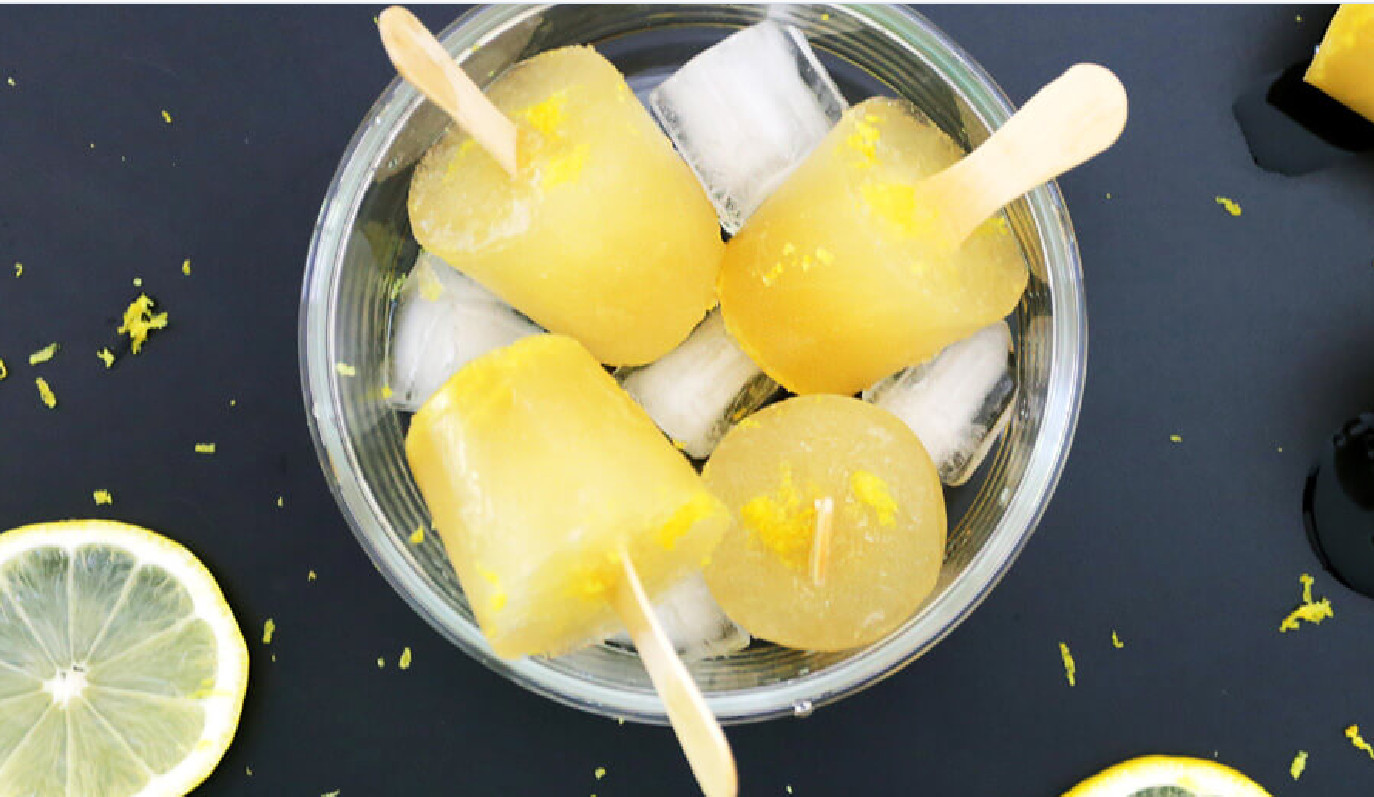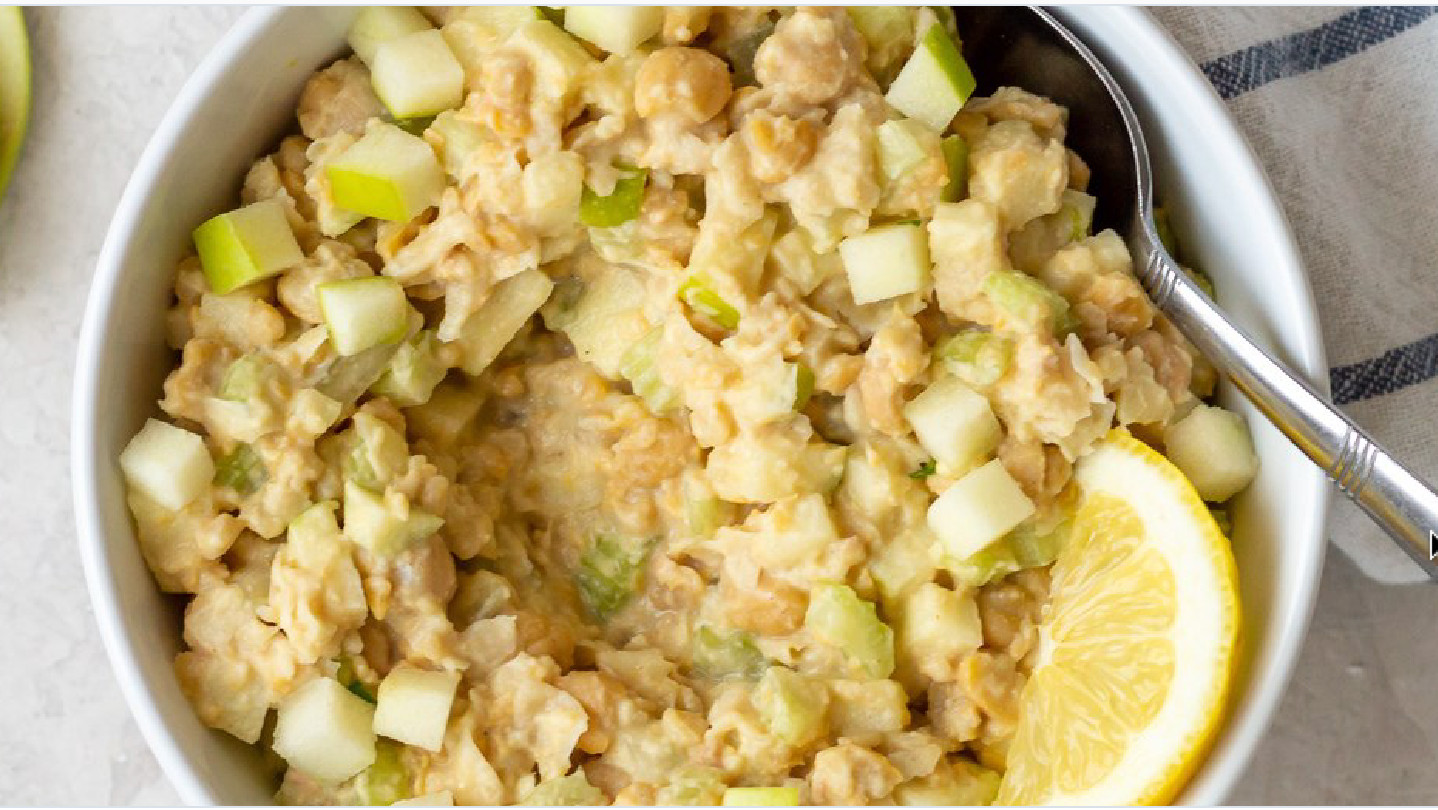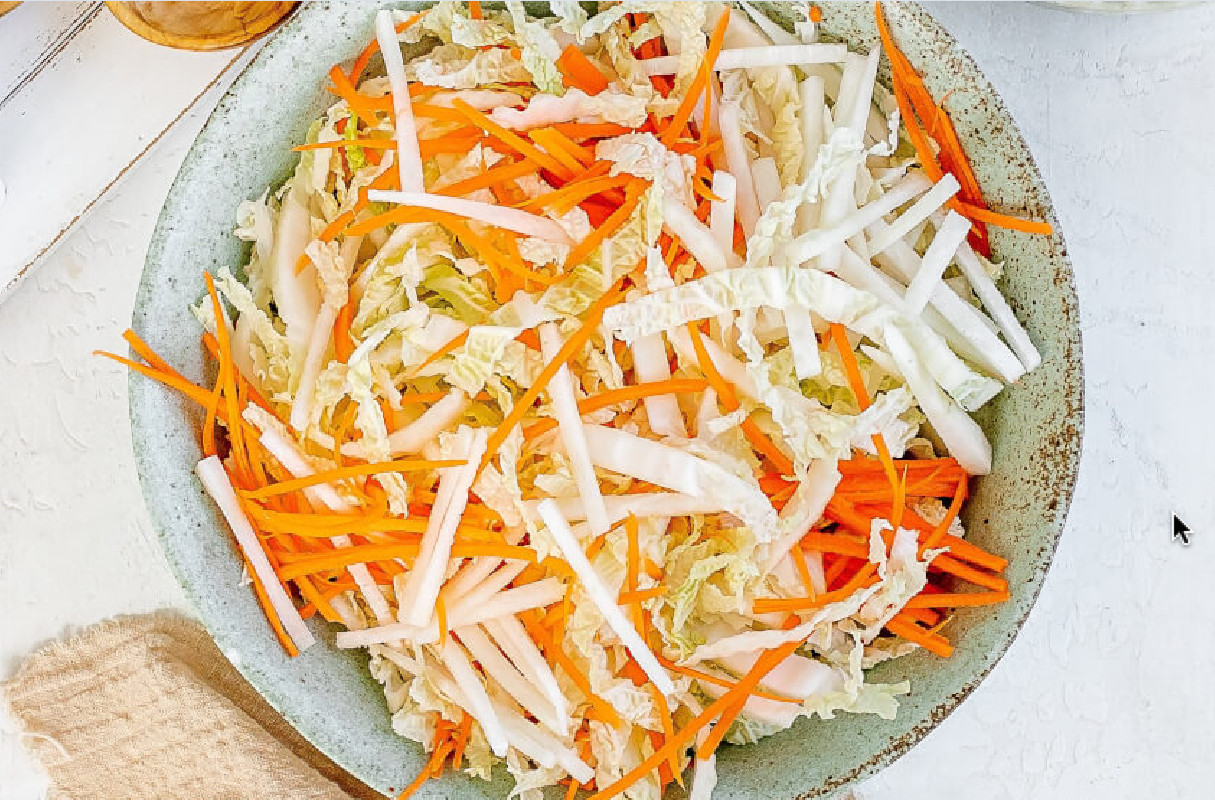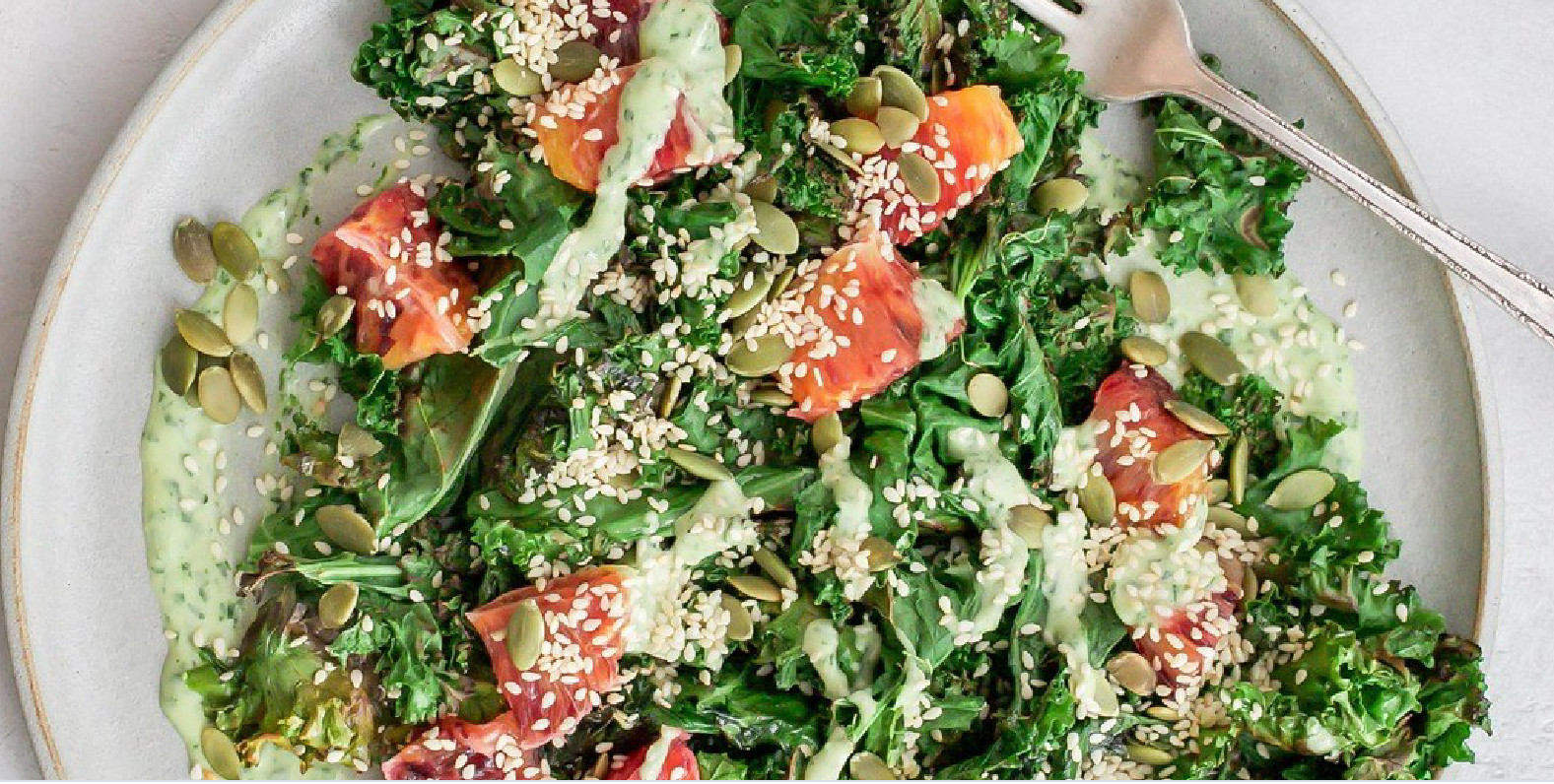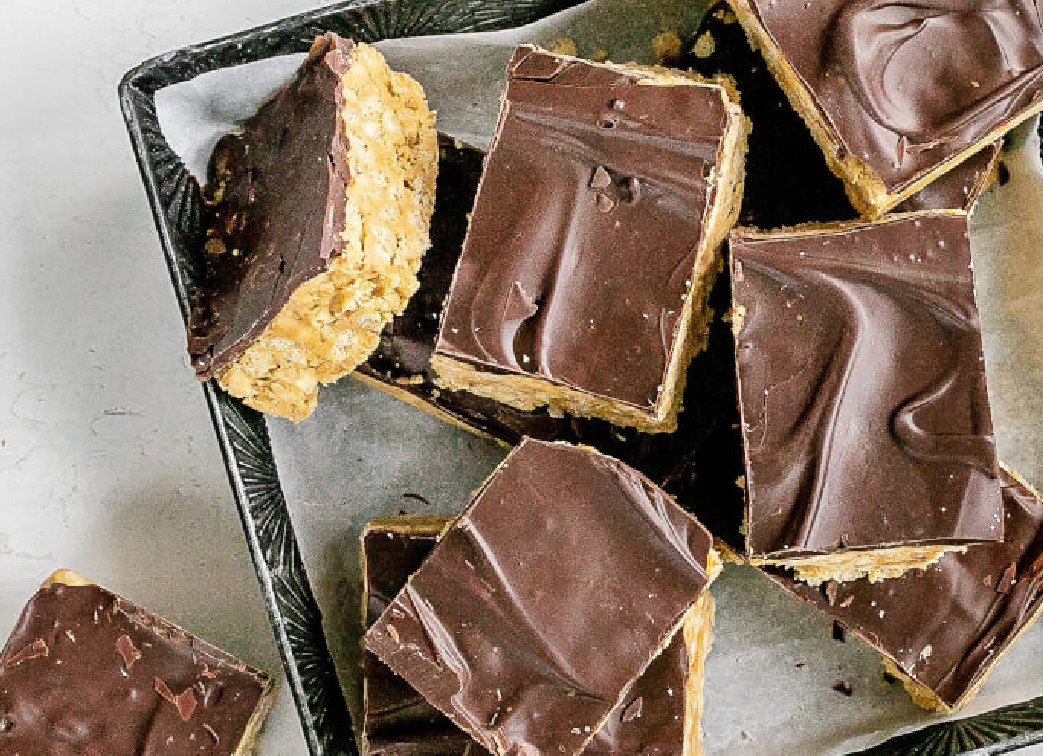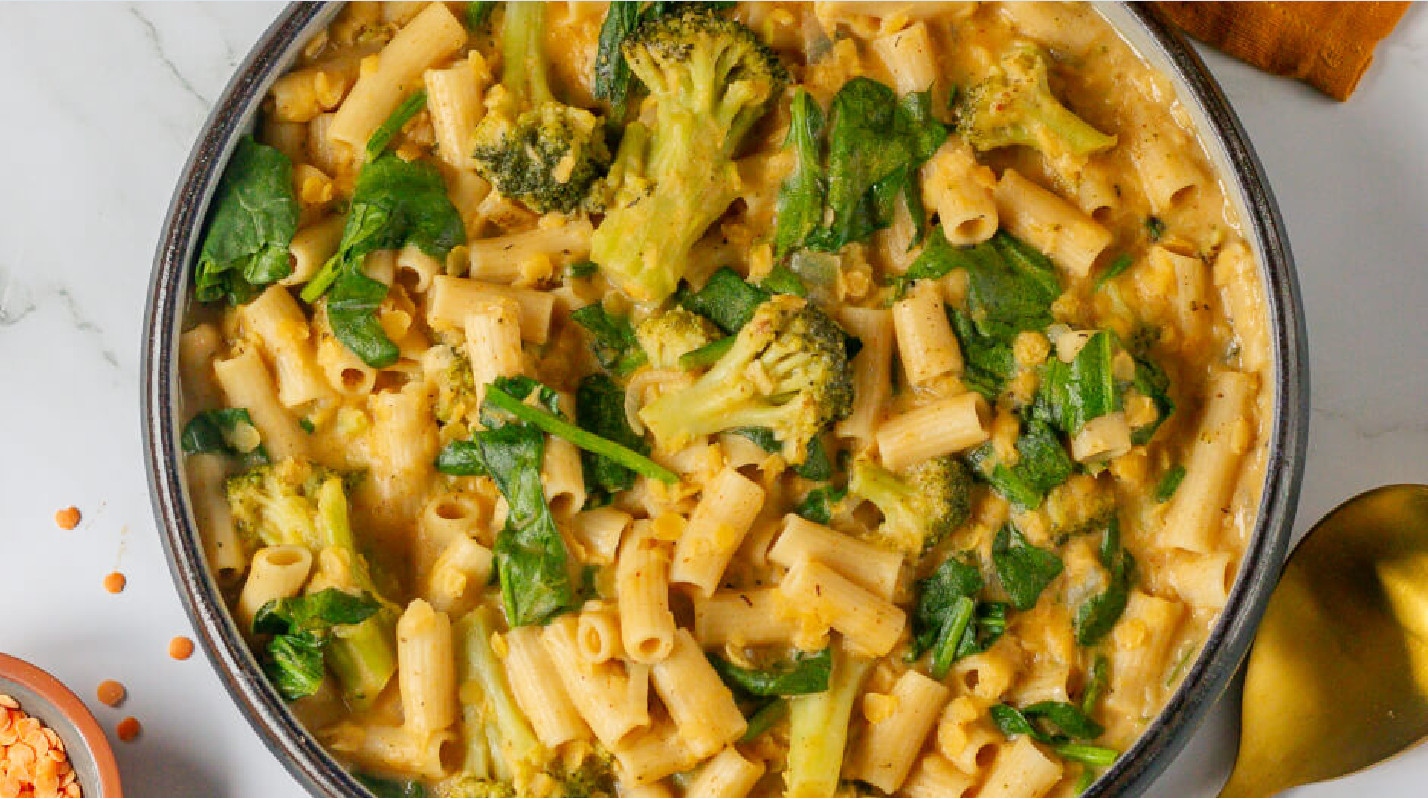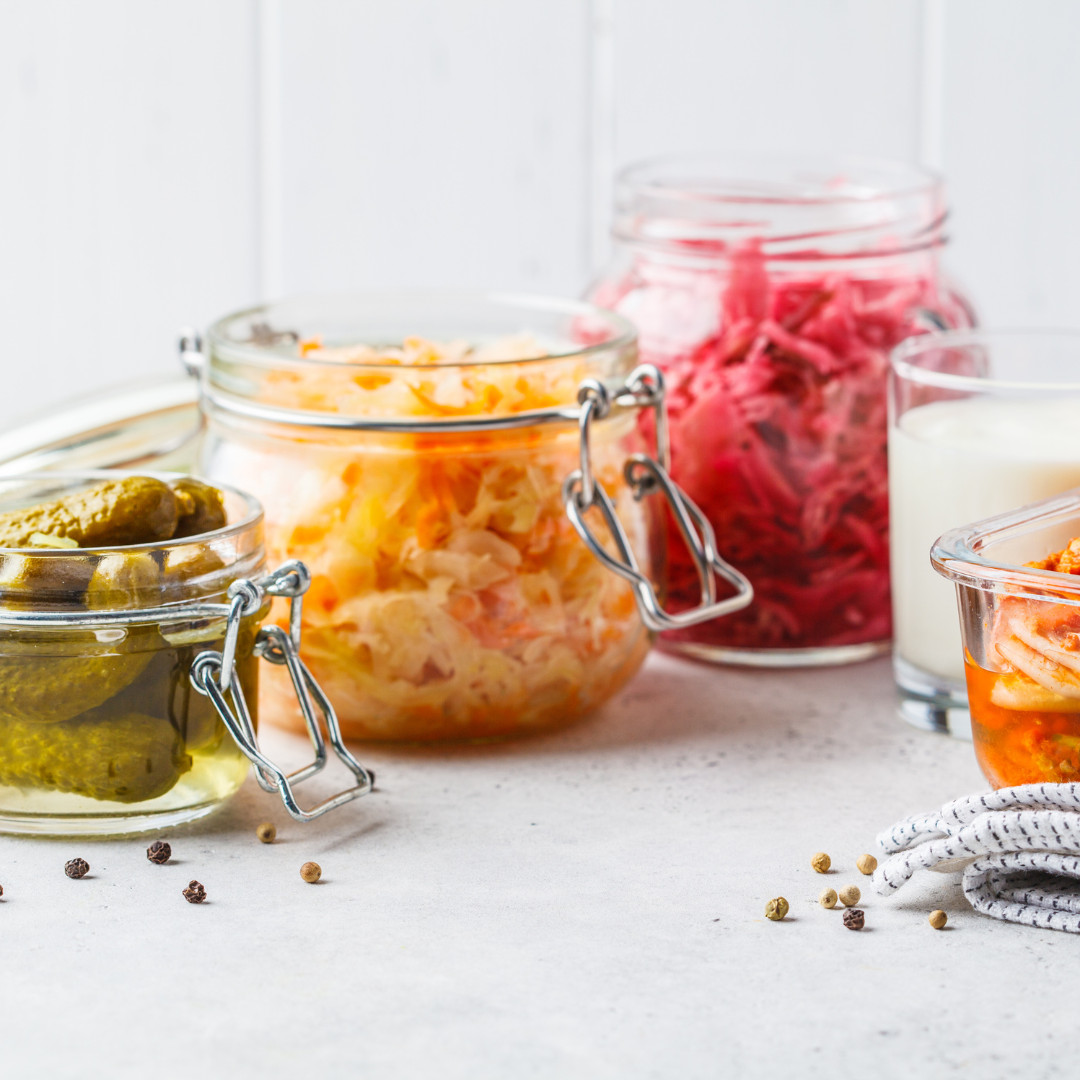
Are you looking to boost your overall health and well-being? One of the first steps you can take is to prioritize your gut health. Your gut plays a crucial role in your body's digestion, immune system, and even your mood. By nourishing your gut with the right foods, you can support its function and promote a healthier you.
Instead of immediately cutting out certain foods or substituting them with alternatives, consider adding in gut-friendly foods to your diet.
This approach focuses on abundance rather than restriction and can be more sustainable in the long run.
Here are some simple yet effective ways to start incorporating gut-friendly foods into your daily meals:
Fiber-Rich Fruits and Vegetables: Aim to add a variety of colorful fruits and vegetables to your plate. These foods are packed with fiber, which is essential for promoting a healthy gut microbiome. Berries, apples, broccoli, spinach, and carrots are excellent choices. Not only do they provide essential nutrients, but they also help feed the beneficial bacteria in your gut.
Fermented Foods: Incorporating fermented foods into your diet introduces beneficial probiotics that can help balance your gut microbiota. Coconut yogurt, kefir, sauerkraut, kimchi, and miso are all excellent sources of probiotics. These foods not only support digestion but also boost immune function and may even improve mental health.
Whole Grains: Replace refined grains with whole grains like quinoa, brown rice, oats, and barley. Whole grains are rich in fiber, vitamins, and minerals, which are beneficial for gut health. They also provide sustained energy and can help regulate blood sugar levels.
Prebiotic Foods: Prebiotics are non-digestible fibers that feed the beneficial bacteria in your gut. Incorporate foods like garlic, onions, leeks, asparagus, and bananas into your meals to support the growth of these beneficial microbes.
By focusing on adding in these gut-friendly foods, you're not only nourishing your body but also fostering a healthy and diverse gut microbiome. Remember to listen to your body and make gradual changes to your diet. Over time, you'll notice the positive impact these foods have on your overall health and well-being.

Gut health is a big focus of mine. No matter what stage of life or what you’re going through, it truly matters. And guess what? When we talk about autoimmune stuff, yup, gut health is still right there in the spotlight, making a difference in all kinds of ways depending on what you're dealing with.
When I was looking at the specifics around gut health and the MS diagnosis, I found that specific immune cells, known as helper T cells can have an impact on our health. Turns out, we've got these immune rockstars called helper T cells – some are like the fiery rebels (Th1 and Th17 cells, to be exact), causing inflammation, and others are the cool, calm peacemakers (Treg cells) with their anti-inflammatory vibes.
And get this – your gut health has a say in the whole battle between the rowdy inflammation and the chill anti-inflammation teams. It's like your gut's the referee, deciding who gets to stay on the field.
Now, the real deal is keeping your gut in check to keep those fiery responses in check too! We don't want unnecessary inflammation causing havoc, right?
But let's be real – figuring out how to balance your gut can feel like diving into a crazy maze.
That's exactly why I created my 'Gut Health Made Easy' guide. Because, let's face it, knowing where to start with gut regulation can be a bit overwhelming.
So, if you're feeling a bit overwhelmed, my guide is like your trusty sidekick, breaking it all down so you can tackle it without the stress. Let’s make gut health a breeze, not a puzzle, together!
Gain access here and get started feeling good today!
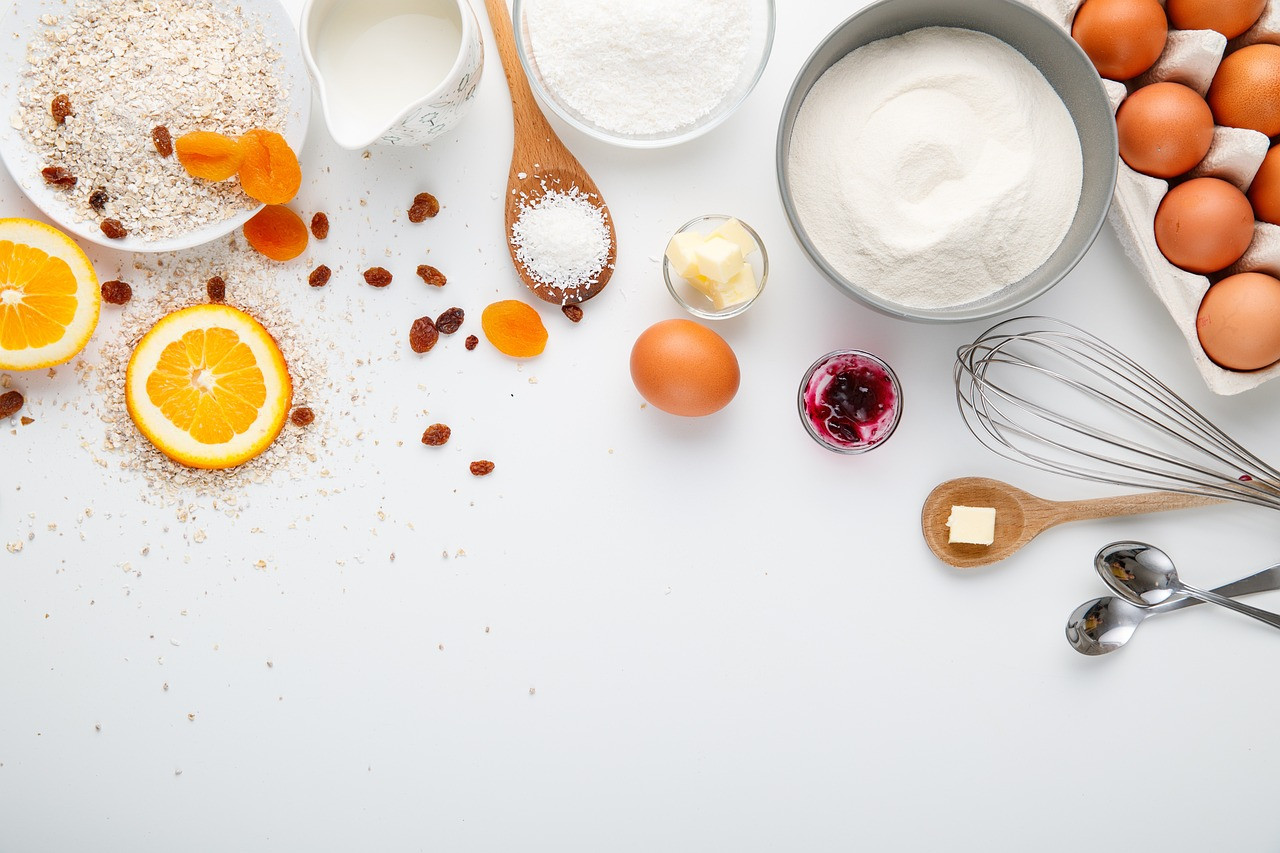
Did you know this about sugar? My guess is probably not, so let’s talk about sugar, insulin and your gut health! You’ve probably heard about this hormone. But do you know what it is? It’s a hormone that is produced in the pancreas which regulates the amount of glucose in the blood.
When insulin levels are imbalanced, it can affect the gut microbiota (of course!). Proper insulin function is essential for regulating blood sugar levels, and unstable blood sugar can impact gut health. Basically your blood sugar and gut are related, shocking? Nope. So here’s a few quick things that help in terms of controlling your blood sugar:
One of the most important ways is to eat balanced meals. A balanced meal includes a combination of carbohydrates, proteins, and healthy fats to slow down the absorption of sugar and promote steady blood sugar. With eating a balanced meal, you want to be mindful of portion control as well! This helps you avoid overloading your body with too much sugar at once.
Fiber-Rich Foods are another great way to balance the sugar in your gut. They slow the digestion and absorption of carbohydrates, preventing rapid spikes in blood sugar. This includes foods such as fruits, vegetables, and whole grains. Healthy fats are another great food source to be consuming; avocados, nuts and olive oil. They help regulate blood sugar and keep you feeling satisfied.
Lastly, limit added sugars! You can do this by minimizing the consumption of processed foods and beverages with added sugars. It’s important to read labels to identify hidden sugars in products; anything ending in “ose” is a great place to start.
If taking care of you gut overwhelms you and you don't know where to start, I have what you need! My Gut Health Made Easy Guide is packed with tips, resources and recipes to learn how to support your gut health and help you feel good!

Have you ever eaten too much sugar and had your face breakout more than normal? I bet you never put a lot of thought into it, but it actually all stems from your gut health! My gut inflammation led to horrible, painful rashes all over my hands, but it can be different for all of us.
Just like your gut can affect your skin, what you put on your skin can affect your health as well. Many products on the market today are full of ingredients that we don't want going into/on our bodies. One ingredient I always tell people to avoid in their products is “fragrance.” So if your face moisturizer has “fragrance” in the ingredients list, it’s time to ditch it and make this instead!
Daily Face Moisturizer Recipe
Ingredients
- 1/2 cup - of organic coconut oil
- 1/2 cup - Shea butter
- 7 drops of frankincense oil
- 5 drops of Royal Hawaiian essential oil
- 1 teaspoon vitamin E oil
Directions
- Take a double boiler and melt shea butter and coconut oil.
- Once completely melted, remove it from the heat and let it cool for 20-30 minutes.
- Add the frankincense and royal Hawaiian oil to this mixture.
- Add Vitamin E oil to the mixture and stir well.
- Refrigerate this mixture for 10 minutes till it is partially solidified.
- Now whip this mixture for a few minutes till a butter-like consistency is achieved.
- Store this mixture in a container and place it in a cool and dark place.
- Your homemade moisturizer is ready for use.
- This is one of the best homemade natural moisturizers that you can store for 6 to 12 months.
Sometimes I'll add in Carrot Seed essential oil for some extra spf and tea tree essential oil if I'm feeling like my skin is a little oily or if I'm worried about a breakout.
Benefits of oils:
~ Frankincense: improves immune function, mental calmness, and reduces inflammation
~ Sometimes I'll add in Carrot Seed essential oil for some extra spf and tea tree essential oil if I'm feeling like my skin is a little oily or if I'm worried about a breakout
Give this a try and let me know how much you love it!

This is the biggest mistake I see people make when they're trying to feel better or heal their gut is to simply take a probiotic and say they’re good to go! While yes, a high quality probiotic can be really helpful, but there are many other factors as well!
We often think that simply adding a probiotic to our diet is the way to go because only food affects our gut health, but there’s actually so much more. Your mental and emotional state can cause disruptions and flare up in your gut just like food can. So with that being said, what are ways that you can practically support your gut health and feel good?
One great way is to reduce stress (which is sometimes hard to do!), but you can also find different stress reduction techniques to help your body handle it better and not became so triggered when you are stressed. Taking time to intentionally deep breathe can be truly amazing practice to implement to help with stress and overwhelm. It sounds like it's no big deal or doesn't even really do anything for you, but in reality it does a lot for your body.
In today’s society, we are always thinking about the “next thing” because we are so busy and live in a fast paced environment. Constantly worrying and stressing rather than being in the present moment can actually cause your stress hormones to be activated for long periods of time. When your body is always experiencing undue stress that's when the risk of diseases increases in your body. Breath-work helps calm you down and move your body and mind out of fight-or-flight mode.
Lastly, adding foods that have probiotics into your diet can be really helpful when it comes to that gut bacteria!
I have a freebie that is a great place to start if you’re looking for good foods to implement in your diet to support your gut health; you can grab it here!

